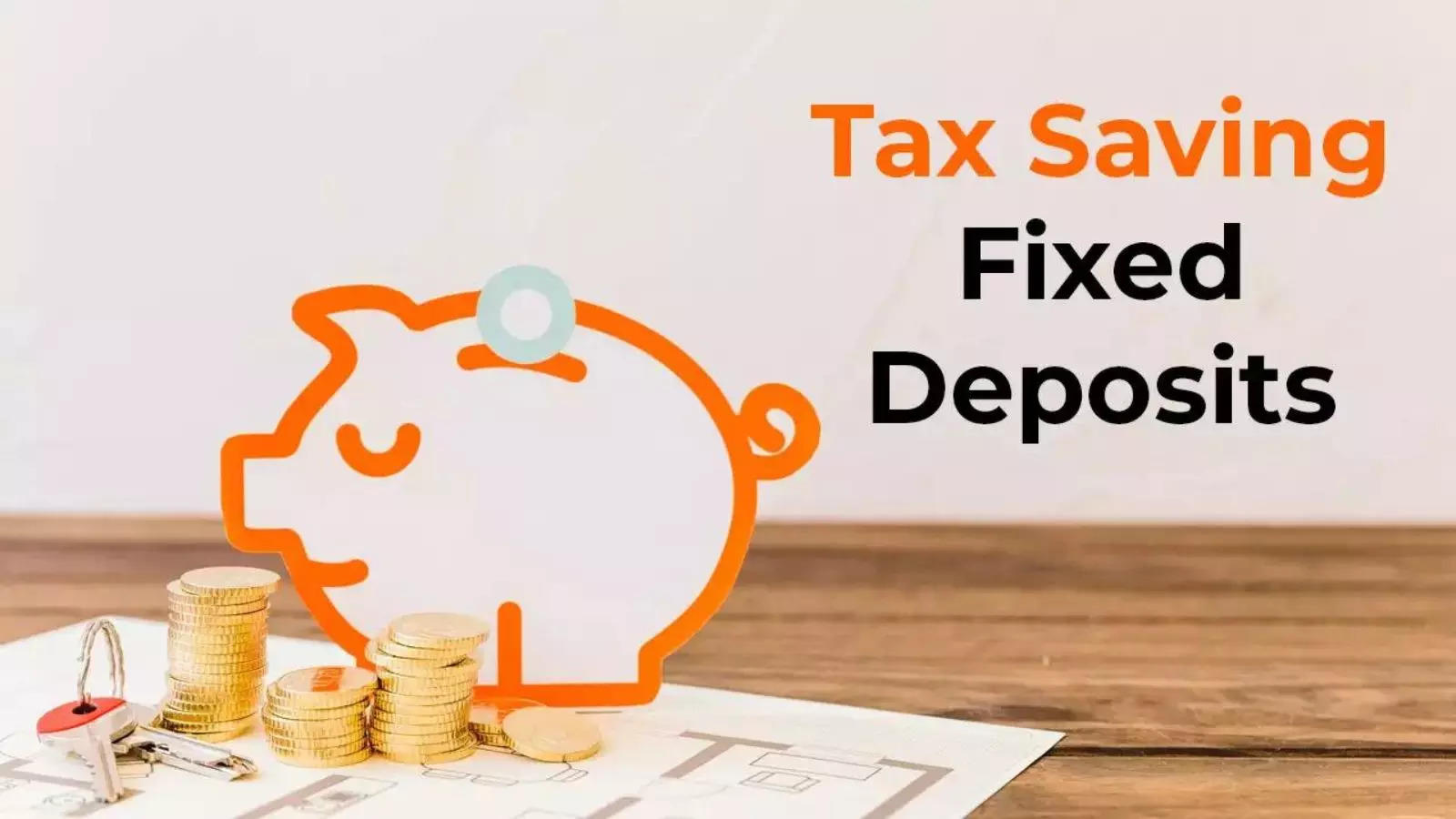Why Breaking A Tax-Saving FD Early Can Lead To Major Losses – Know How

While Fixed Deposits (FDs) typically don’t offer tax benefits, a special category called tax-saving FDs , with a tenure of 5 years or more, allows you to claim deductions under Section 80C of the Income Tax Act. However, breaking a tax-saving FD before maturity can result in significant financial losses. Here's what you need to know:
The Consequences of Breaking a Tax-Saving FD
The Consequences of Breaking a Tax-Saving FD
According to tax expert CA Mohan Kumar, tax-saving FDs are offered by all major banks and qualify for tax deductions of up to ₹1.5 lakh under Section 80C. However, if you break the FD before its 5-year term, the tax claim for the deduction will be revoked. This means the ₹1.5 lakh you saved in taxes will be added back to your current year's income, and you will be taxed according to your income slab.
In addition, any interest income earned from the FD is considered under "Income from Other Sources" and is taxable. Even interest that has accrued but hasn’t yet been paid is liable for tax in the year it is earned. Therefore, it’s crucial to track the Tax Deducted at Source (TDS) from your bank and match it with your Form 26AS while filing your returns.
Example of Potential Loss
For instance, if you invested in a tax-saving FD in 2023 and claimed a ₹1.5 lakh deduction under Section 80C, but later had to break the FD in 2024, the tax benefit you availed would be reversed. The saved ₹1.5 lakh would be added back to your income in 2024, and you would be taxed accordingly, leading to a financial loss.
FD Interest Rates Across Banks
- Bank of Baroda: 6.50%
Breaking a tax-saving FD not only results in a penalty but also leads to significant tax consequences. Always consider these factors before making any decisions.
Next Story